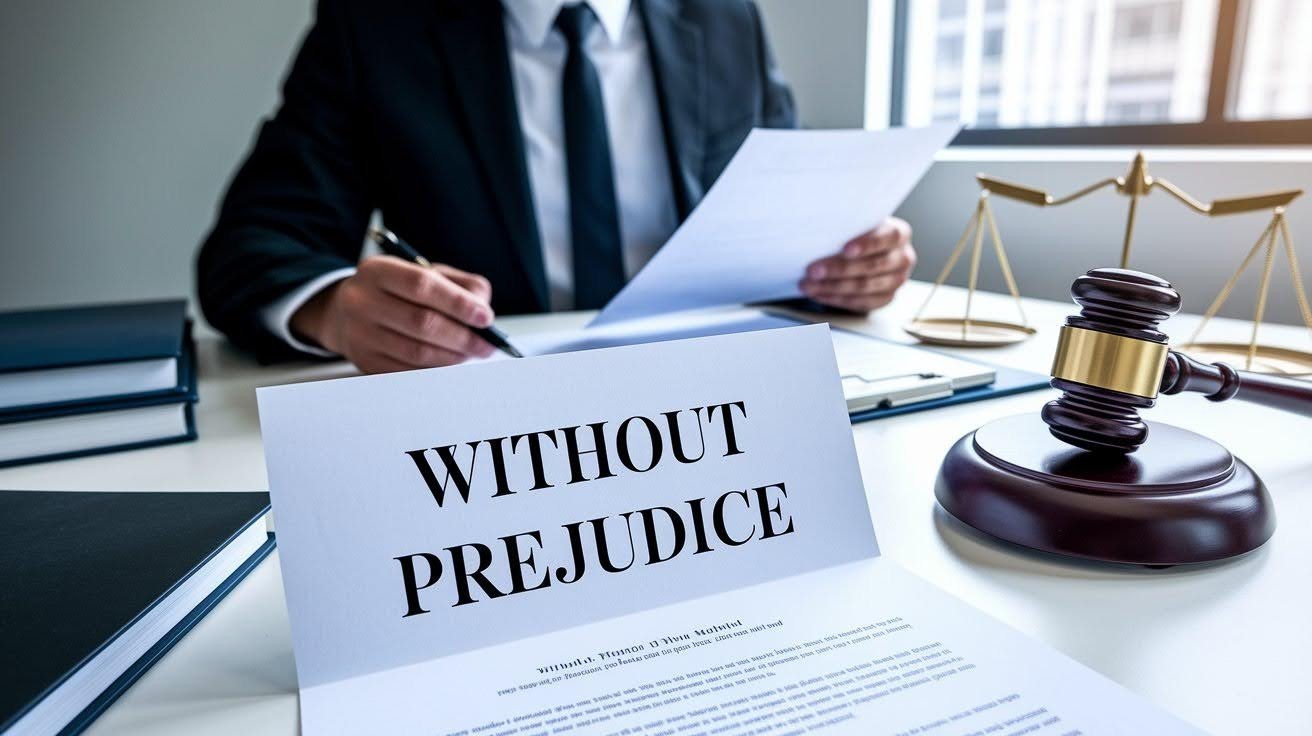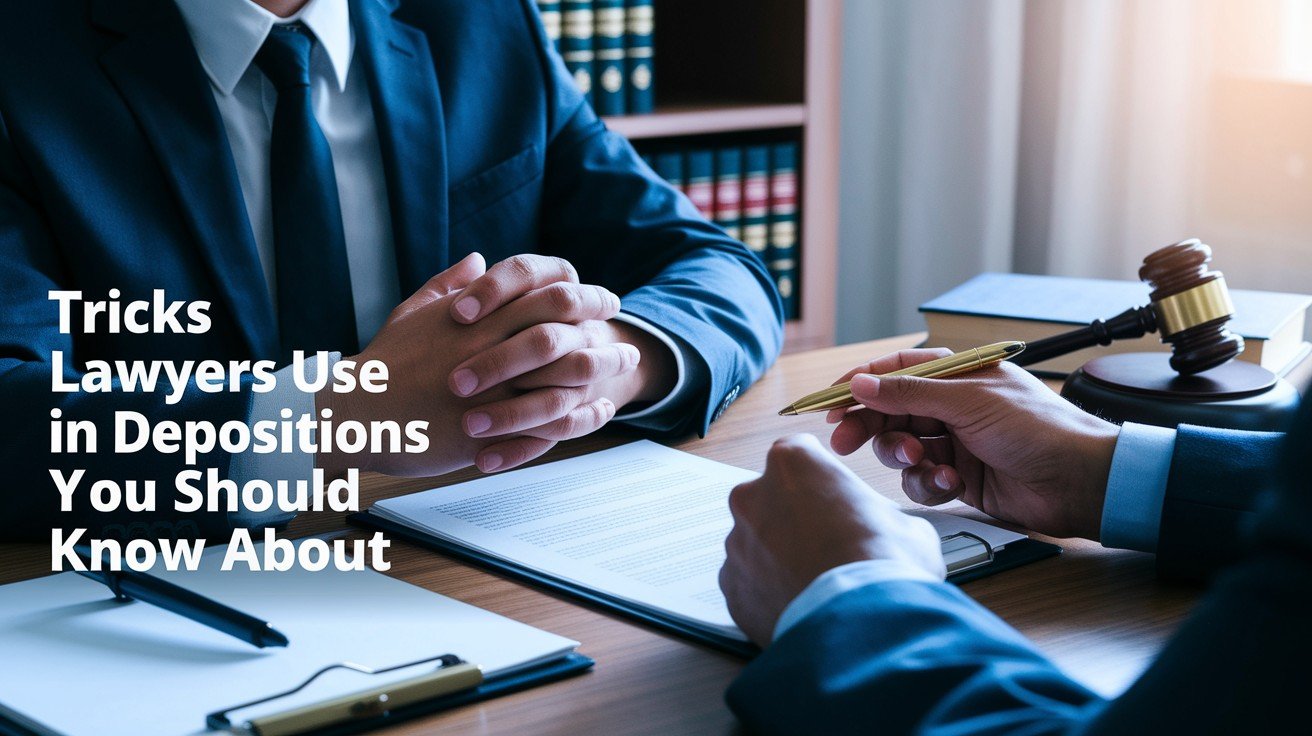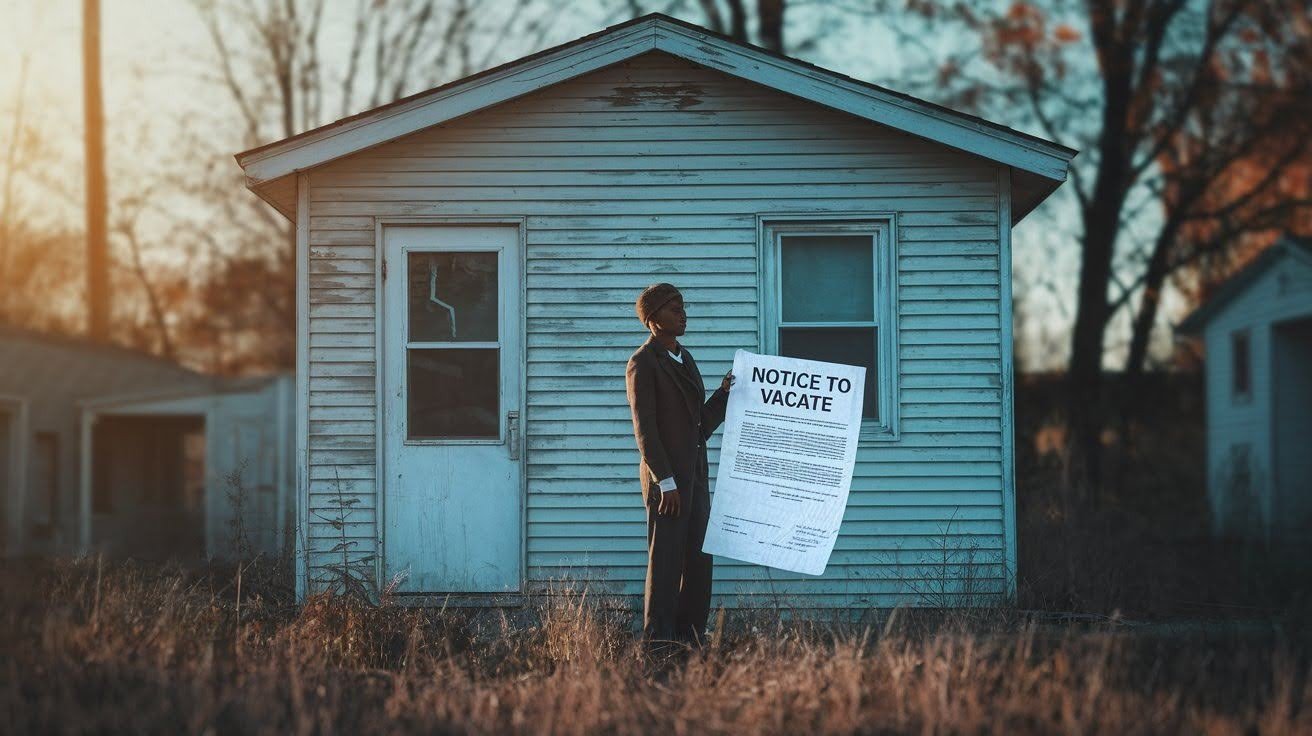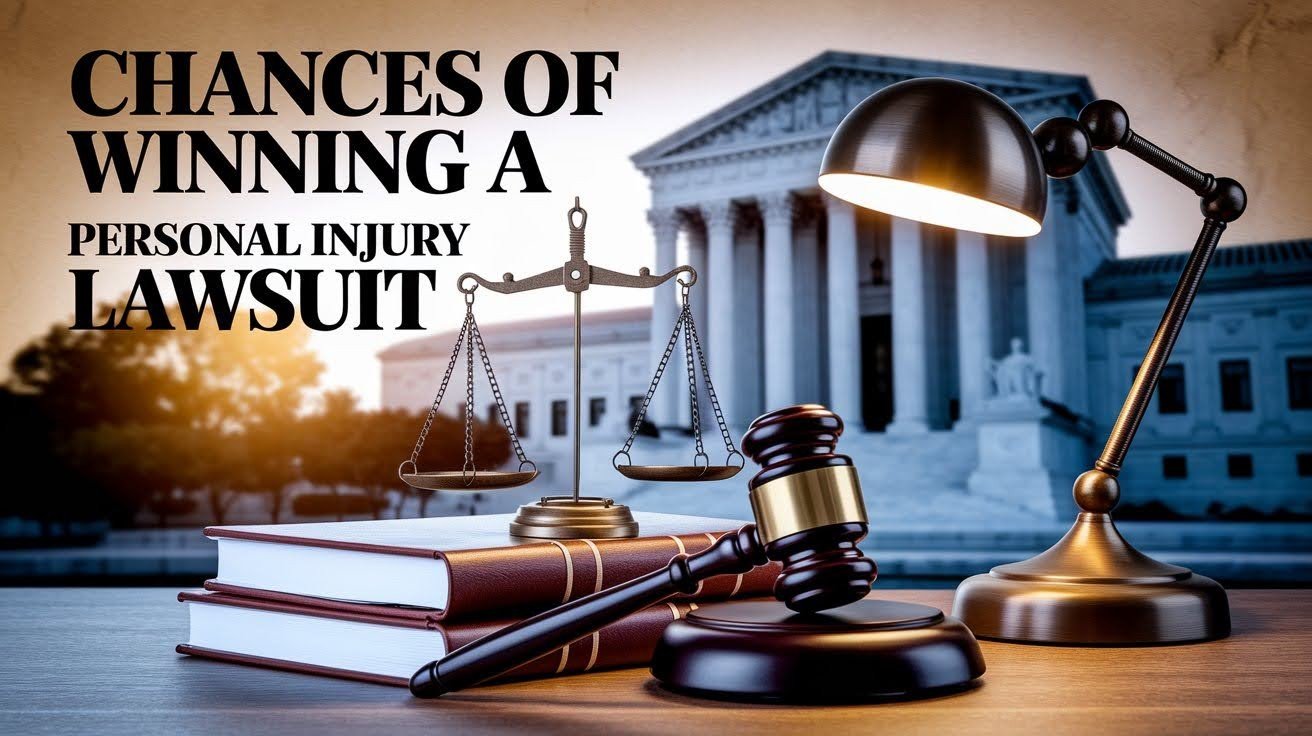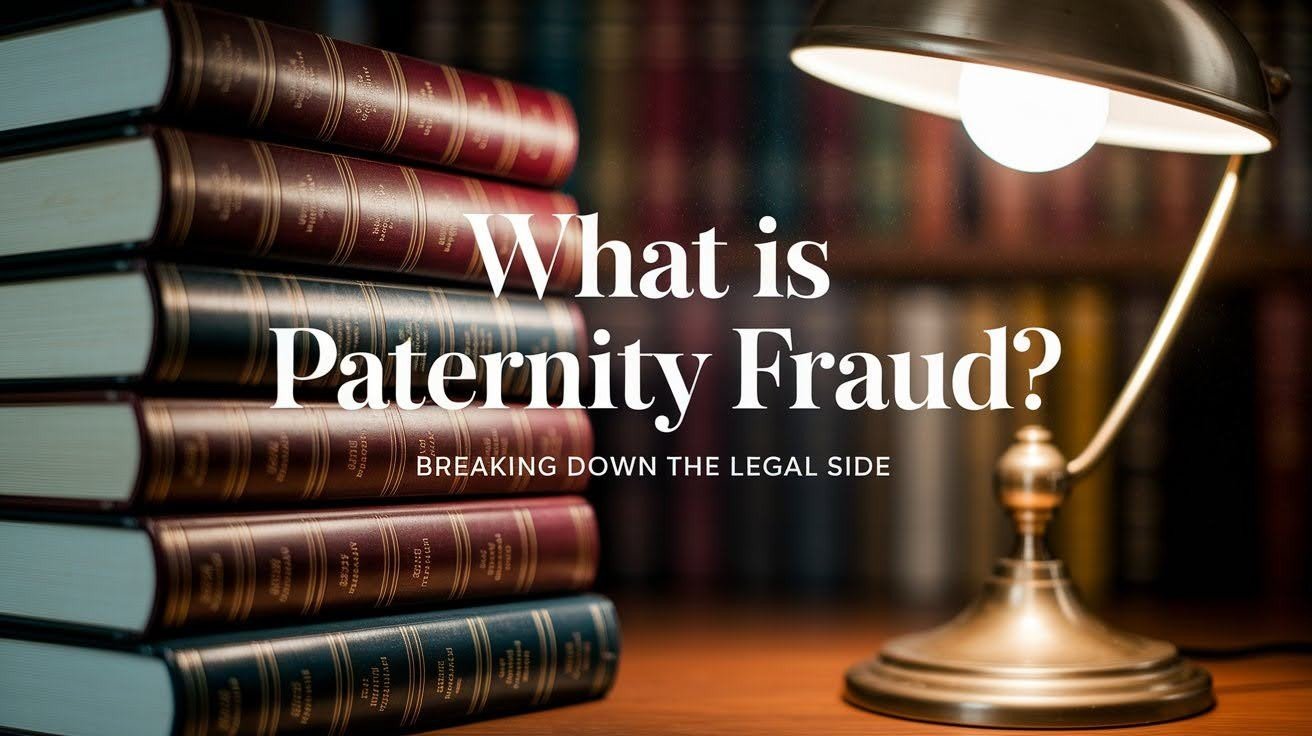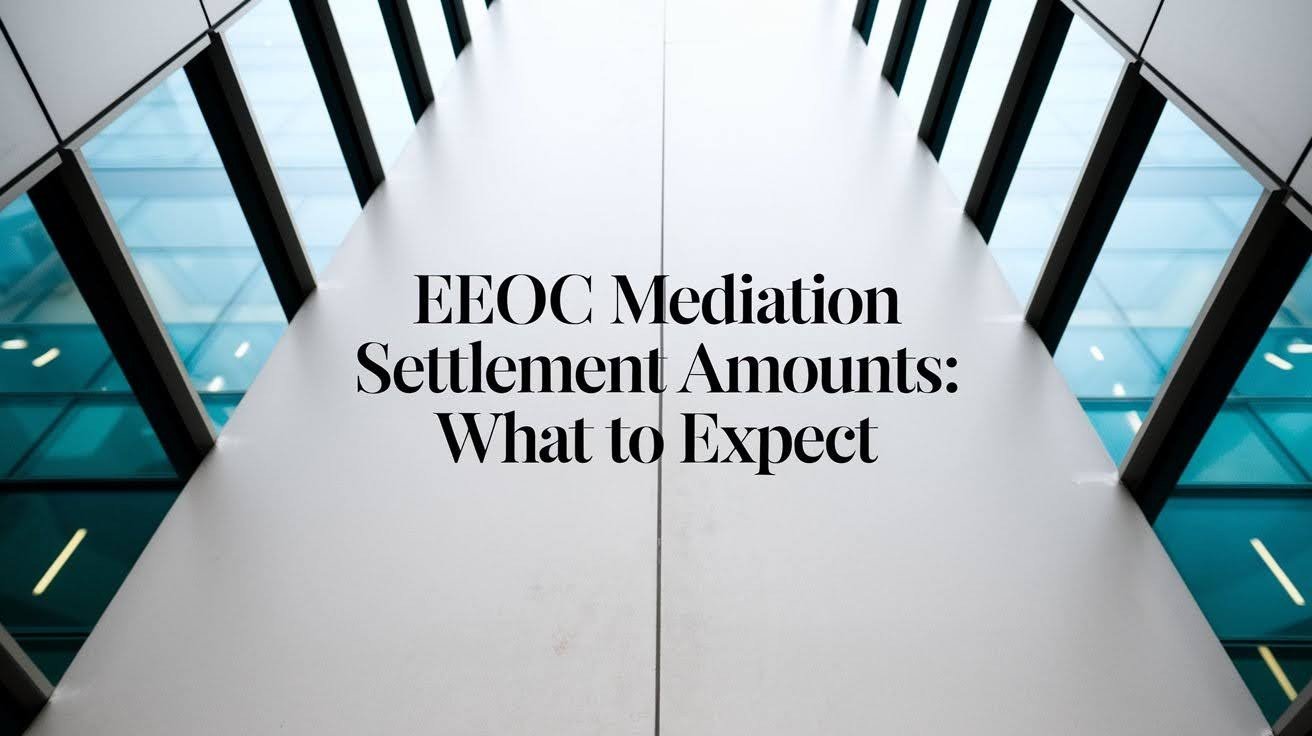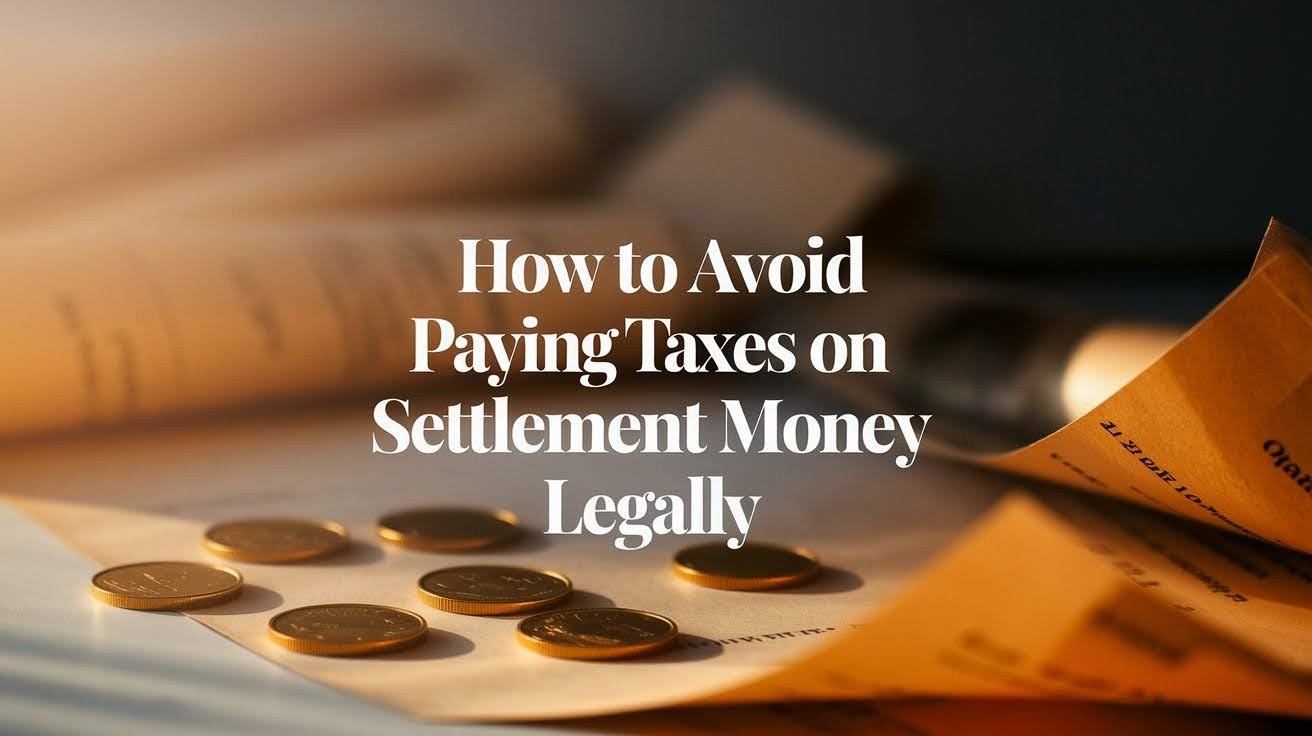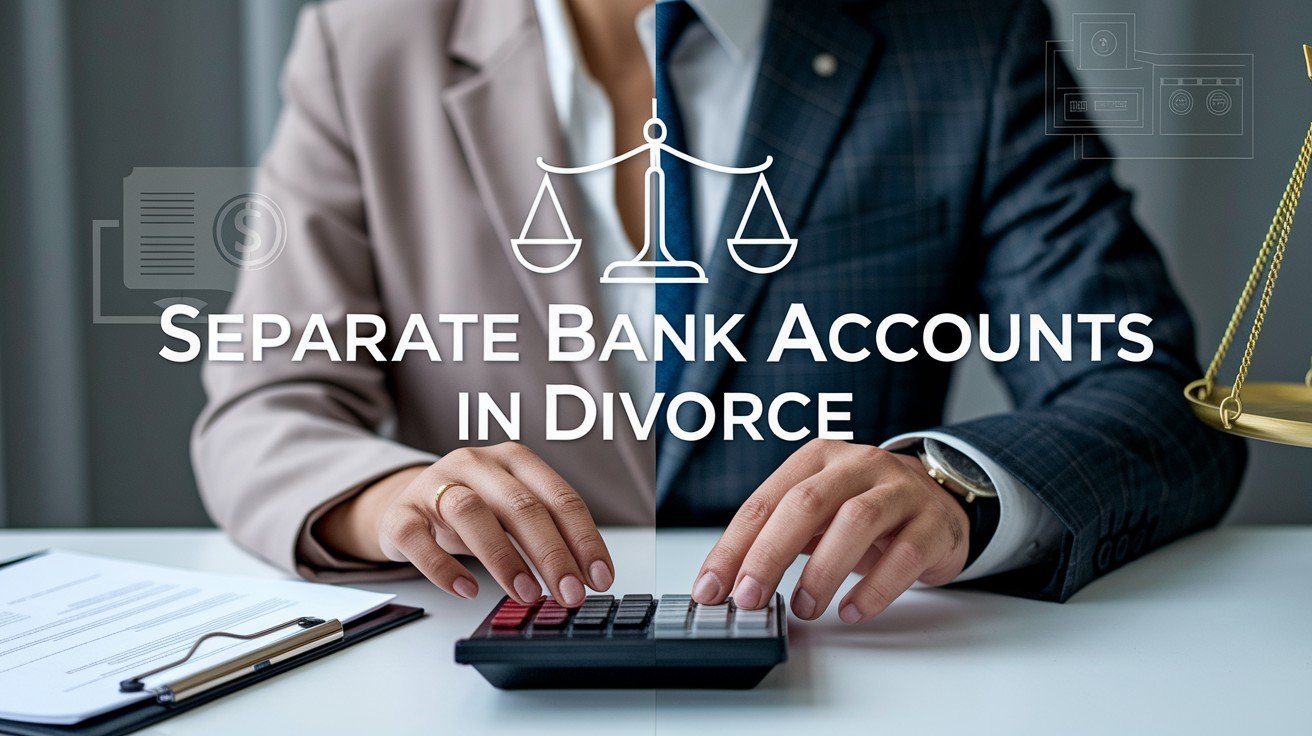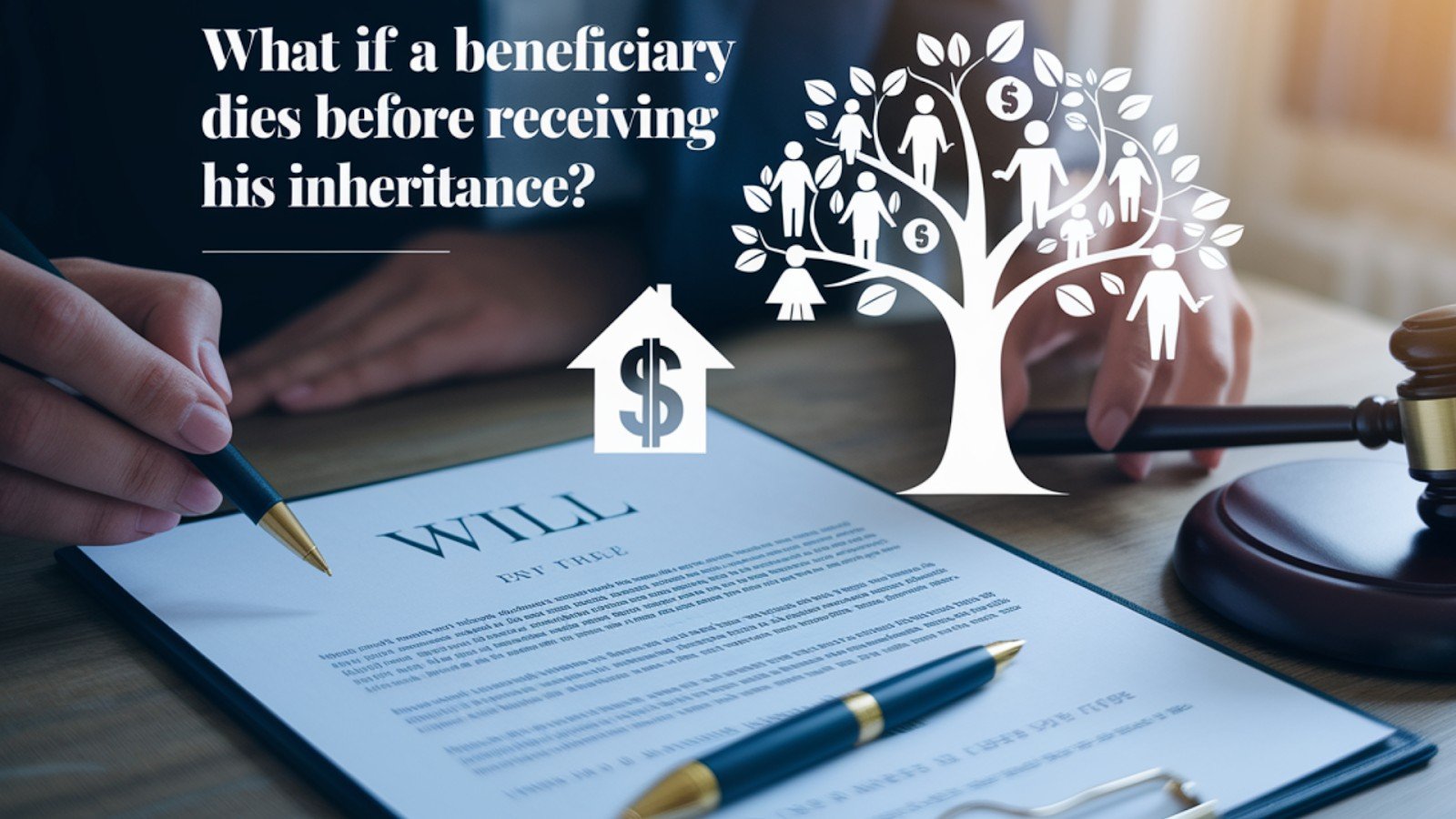Ever seen “without prejudice” on a legal letter, and also felt confused? You’re not alone. It is simpler than it seems. I have seen just how powerful this phrase may be when being used correctly after I guided clients through a number of settlement talks. In this guide, you’ll learn the exact legal meaning of “without prejudice,” when it is used, and why it matters.
I’ll show with real case examples how it protects your words during negotiations. Also, you’ll learn about what happens if you don’t use it. Accessing those messages for courts is a thing you will learn about.
One does make a mistake in a legal discussion at one’s own cost, and this guide helps you to avoid it. Clear and practical advice without jargon helps you to protect your legal rights plus handle disputes with confidence.
What Does “Without Prejudice” Mean in Legal Terms?
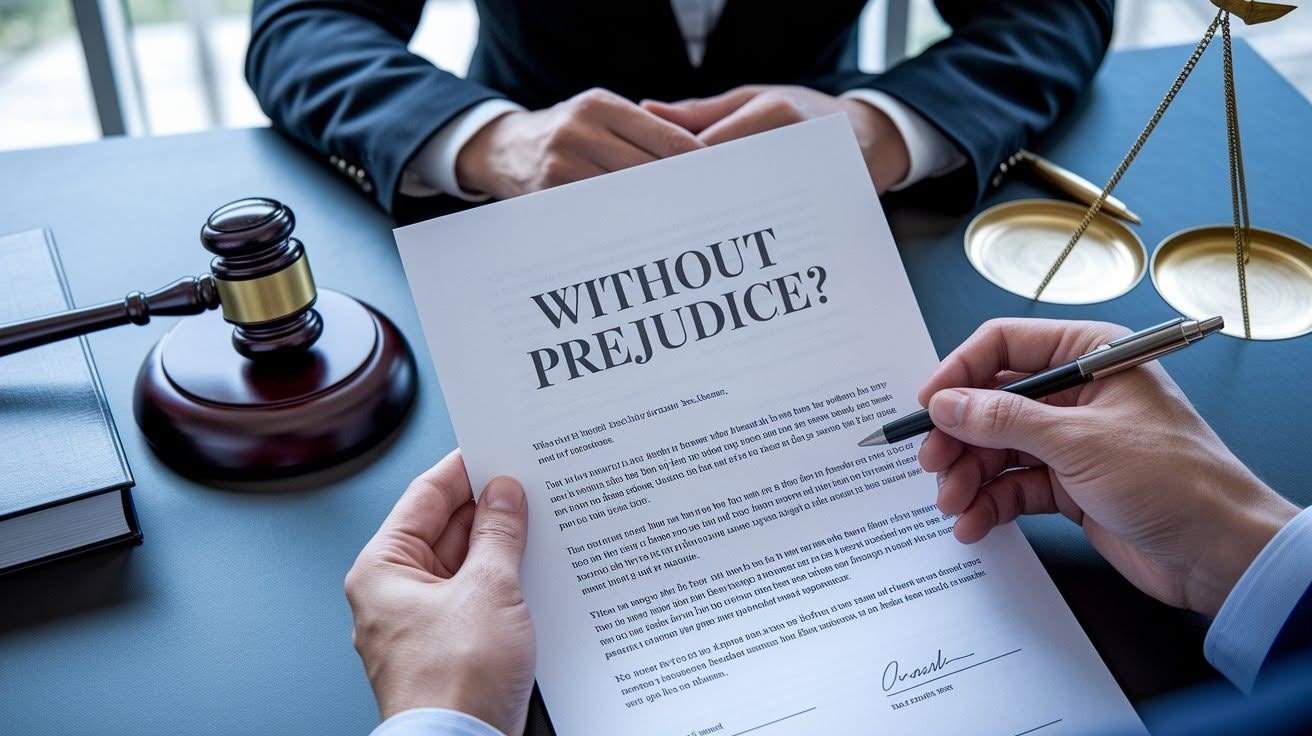
Let me break this down in simple terms. Without prejudice is like a safety net for legal talks. It keeps your words from coming back to hurt you later.
The Basic Definition
Think of it this way: you can speak honestly during settlement talks. If those talks fail, the court can’t use your words against you. It’s legal protection for being open.
This rule exists for one main reason. People need to feel safe when trying to solve problems. Nobody wants to make things worse by talking.
But here’s the catch: the talks must be real. You can’t fake settlement discussions just to hide information. Courts are smart about this and will see right through fake attempts.
What “Dismissed Without Prejudice” Means
This is completely different from settlement talks. A judge throws out your case but doesn’t slam the door forever. You get another chance to make things right.
I’ve seen clients panic when they hear “dismissed.” Don’t worry. Without prejudice dismissal means you can try again. The judge didn’t decide you were wrong about anything.
This gives you breathing room. Maybe you need better evidence. Maybe you filed in the wrong court. You can fix these issues and come back stronger than before.
How the Without Prejudice Rule Works?
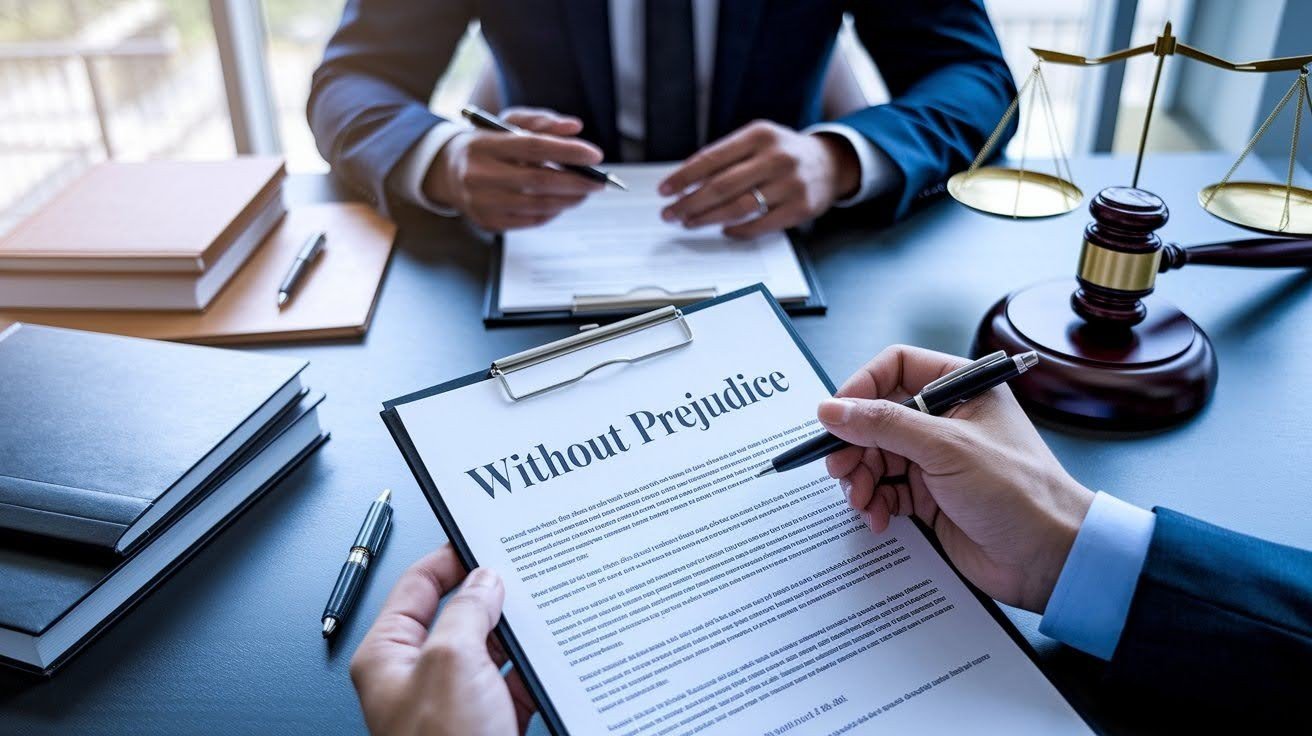
Now let’s get into the details. This rule has specific boundaries. Not everything gets protection just because you write those magic words.
What Gets Protected?
The rule covers different types of communication. Both written and spoken words get protection during real settlement talks. This includes emails, letters, phone calls, and face-to-face meetings.
Written communications like emails and letters get the strongest protection. Phone calls and meetings also stay private if they’re genuine attempts to settle disputes. Any offer you make to end the fight stays confidential, too.
But remember: the communication must be a genuine attempt to settle. You can’t just slap “without prejudice” on any message and expect protection. The content has to match the label.
What Doesn’t Get Protected?
Fake settlement talks get no protection whatsoever. The court sees right through attempts to hide regular business communications. You need a real dispute first before this rule applies.
Normal business conversations don’t need this protection. Only use it when there’s already a fight between you and another party. Regular customer service calls or routine work discussions don’t qualify for protection.
Bad behavior kills protection completely. If you threaten someone or lie during talks, the court will hear about it. This rule protects honest attempts to solve problems, not dishonest or threatening actions.
When do You Need to Use the Words?
Start with the words at the very beginning. Put “without prejudice” in your email subject line or say it first in meetings. Make it crystal clear from the start of any conversation.
Don’t assume the other person knows the rules. Ask them to agree that your talks are protected. Get this understanding before you say anything important or make any admissions.
Consistency matters throughout your discussions. Once you start protected talks, keep them protected. Don’t mix protected and open communications without being very clear about when you’re changing the rules.
Implications of Dismissed Without Prejudice in Legal Proceedings
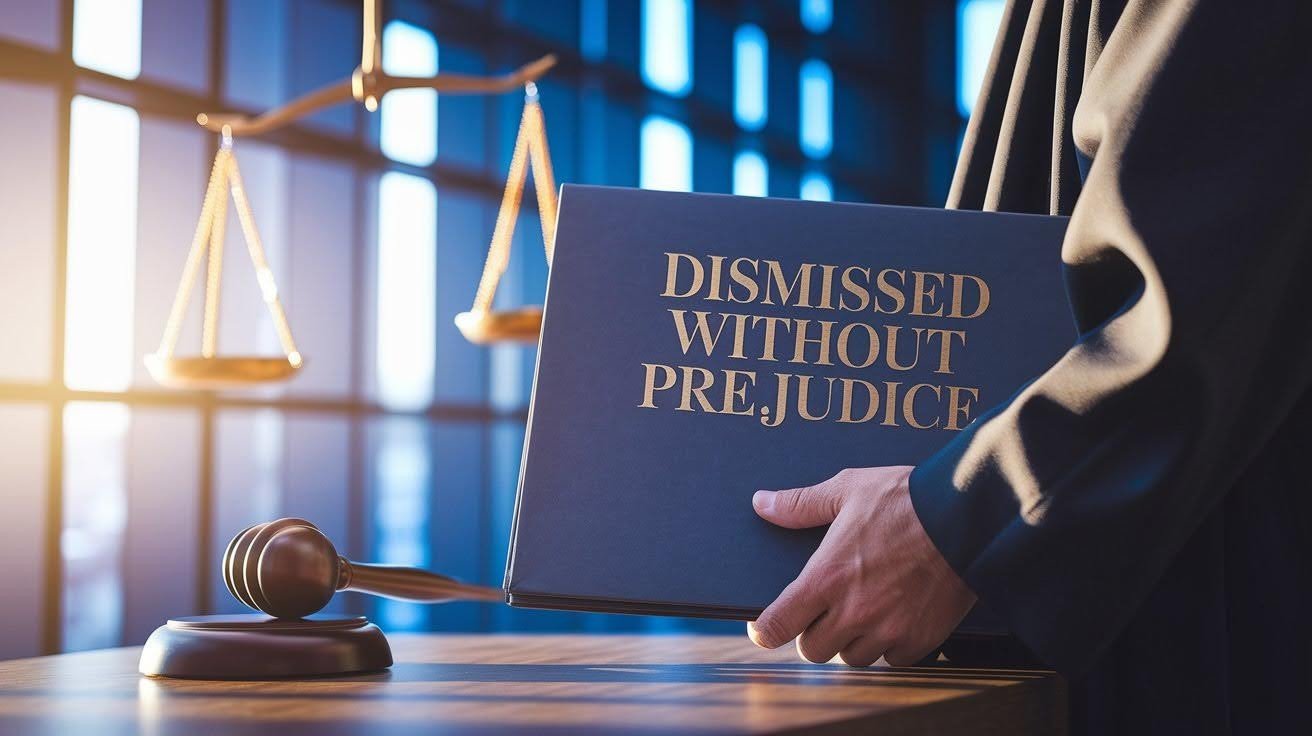
Getting dismissed without prejudice isn’t the end of your case. Think of it as a timeout rather than a game over. You get to regroup and try again with better preparation.
What does it mean for Your Case?
You have real options after this type of dismissal. The court didn’t say you’re wrong about your claims. They just said you need to fix something before moving forward with the case.
This dismissal keeps important doors open for you. You can make the same claims when you refile your case. The same evidence can still be used, and nothing substantial is lost except time.
Don’t waste this second chance. Figure out what went wrong the first time and fix it properly. Many successful cases actually start with an early dismissal without prejudice that gets corrected.
Common Reasons for Dismissal Without Prejudice
Paperwork problems cause most of these dismissals in my experience. Courts are very strict about forms and procedures. One missing signature or wrong date can sink your case temporarily.
Filing in the wrong court is another common mistake that leads to dismissal. Each court has specific rules about what types of cases it can hear. Get this wrong and you’ll definitely be dismissed.
These mistakes are totally fixable with proper attention. Most people who get dismissed without prejudice can solve the underlying problem and refile successfully. Don’t give up after just one setback in court.
Your Options After Dismissal
Act quickly, but don’t rush blindly into refilling. You have time limits for starting over, but you also need to fix whatever caused the original dismissal. Balance speed with thoroughness.
Get professional help if you’re unsure what exactly went wrong. A lawyer can often spot problems that you might miss completely. This investment frequently saves money in the long run.
Settlement might look more attractive after a dismissal. The other side knows you’re having procedural problems. This could be the perfect time to make a reasonable deal and avoid more court battles entirely.
Practical Tips for Using Without Prejudice
Always confirm protection is in place, get legal help for big cases, and only use this for actual disputes while keeping money talks and admissions private.
- Make sure everyone involved understands that your talks are legally protected – don’t assume anything about what the other side knows or understands
- Send an email confirming that both sides agree to protected settlement talks to prevent arguments later about what was actually intended.
- Get professional guidance for important cases since lawyers understand all the fine points of this rule perfectly.
- Only use this protection when there’s an actual legal dispute, not for regular business conversations or public statements.
- Keep specific dollar amounts and admissions private during talks to avoid hurting your court position if the settlement fails.
Conclusion
Now you know about the legal meaning of “without prejudice” and its protection of your settlement talks from use against you in court. Since this legal shield exists, you can negotiate honestly without fear of words hurting your case.
Using it correctly is key only for real disputes, along with clear communication. Required too is proper documentation. By following these simple rules, you protect your own legal position and then settle any conflicts more effectively.
Was this safeguard utilized? Did you act in such a way in your legal situations that were your own? Write a comment to relate your story and let people benefit from practical illustrations. Remember: This information only educates, and doesn’t advise professionally and legally for your specific situation.
Frequently Asked Questions
What does the ” without prejudice legal meaning actually mean?
Without prejudice means that settlement discussions and offers can’t be used as evidence in court if talks fail. It protects your negotiations from hurting your legal case later, allowing honest discussion about resolving disputes outside of court.
When should I use without prejudice protection?
Use it during active legal disputes when making settlement offers, admitting fault, or discussing money amounts. Only works when there’s a real legal conflict – not for regular business talks or public statements.
Does saying “without prejudice” automatically protect my conversation?
No, just saying the words isn’t enough. You need an actual legal dispute, both parties must understand the protection applies, and talks must genuinely aim to settle the conflict. Written confirmation helps prove intent.
Can without prejudice communications ever be used in court?
Yes, in rare cases. Courts may allow it if there’s fraud, threats, or if the communication relates to costs after settlement. The protection isn’t absolute but covers most genuine settlement discussions.
Should I get legal help when using without prejudice discussions?
For important cases, yes. Lawyers understand the complex rules and can ensure proper protection. They help avoid mistakes that could damage your case if settlement talks fail and you end up in court.

